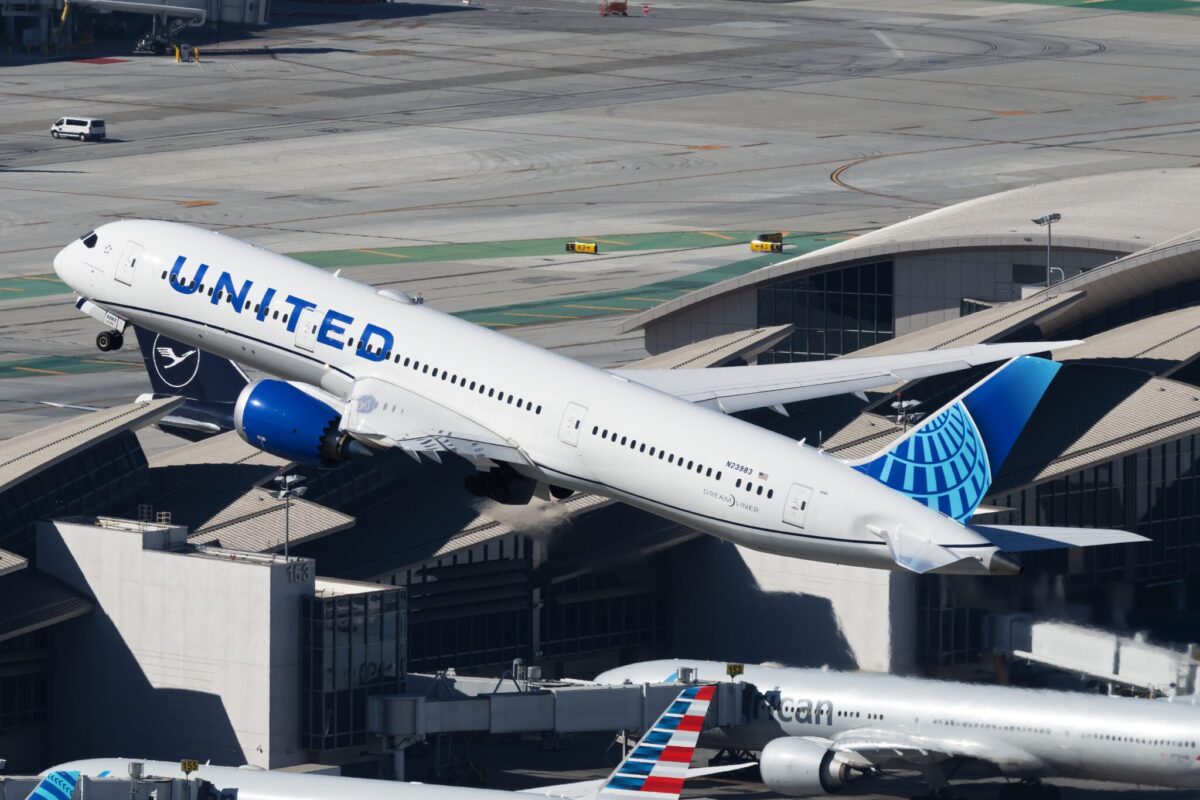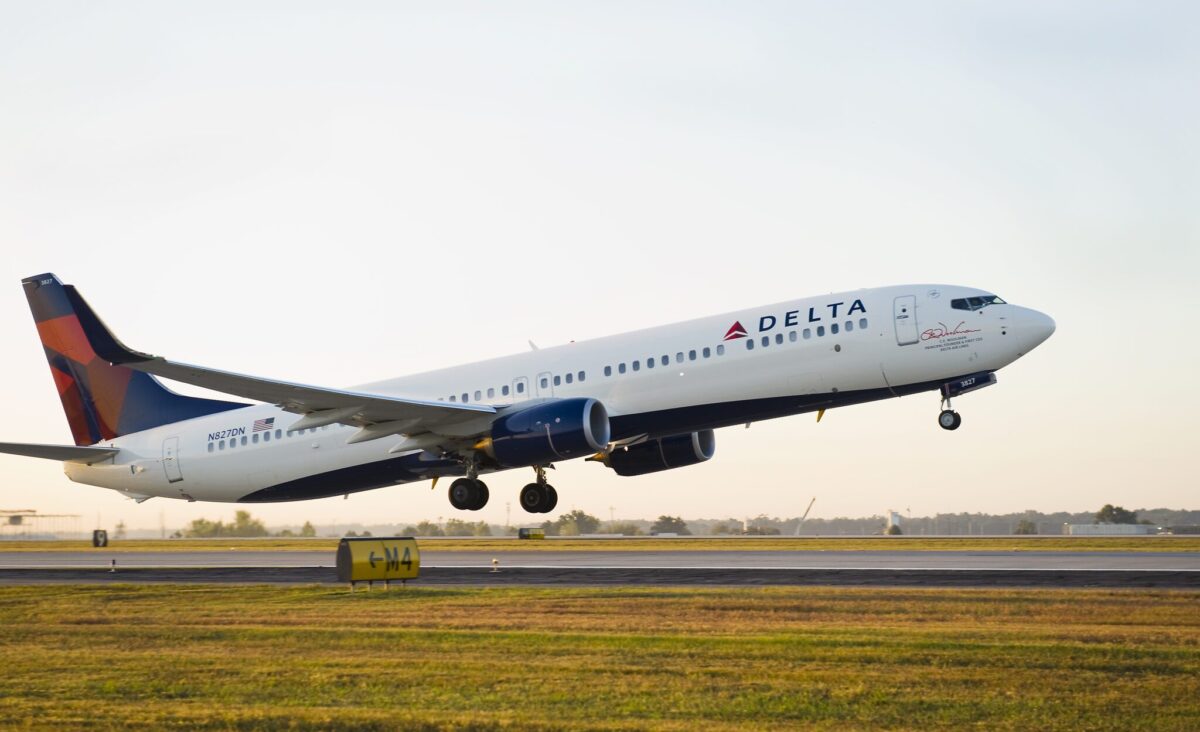Hotel Versus OTA Direct-Booking Tussle Will Shape Distribution for Years to Come

Skift Take
The Most Important Story: 2024
These are the headlines that drove the conversation in the travel industry in 2024 and will continue to dominate in the new year. See all storiesOne of the most important stories regarding online travel agencies and hotels in 2024 was a Skift Research report — and accompanying posts like this — forecasting that hotel websites could overtake online travel agencies and be the dominant digital channel for hoteliers by 2030.
This balance of power between the distribution channels has been a key friction point since the early 2000s when Expedia and Hotels.com burst on the scene, demanded pricey commissions, and dominated hotel distribution.
The pendulum has swung back and forth over the years, with online travel agencies picking up share coming out of the pandemic. In 2024, according to Skift Research, online travel agencies had a slight edge over hoteliers in hotel gross bookings, $266 billion to $262 billion, respectively.
The Hotel Case
The case for hotel dominance by 2030 is based on a a hotelier survey where owners and operators predicted what their distribution mix would look like by 2030, and other factors such as a global mix shift toward branded hotels versus independents.
There is a strong tie between the percentage of branded hotels — think Marriott, Hilton and Accor — and a command of direct bookings. Marriott reported in 2022 that its share of digital direct bookings was 38% and growing faster than its online travel agency channel.
Google, too, is pitching in for hotel-direct bookings. Google Hotels often shows the hotel website as the top link in free search results, according to Skift Research. However, the link for the hotel website often doesn't display the price and says, "Get price."
Social media has made it easier for independent hotels to compete. In addition, there are a bevy of direct-booking tools now available to smaller hotels for monthly subscriptions rather than requiring huge, up-front investments.
Skift Research notes that online travel agencies would indeed still be an important distribution channel for hotels in 2030 even if hotel websites dominate.
The Online Travel Agency Case
The research report triggered a debate about whether hotels websites would indeed be the dominant distribution channel for hotels by 2030.
While hoteliers may indicate in surveys that they envision their own channels to be dominant by 2030, that's in part aspirational.
What if the trend toward independent hotels signing on with major brands loses momentum? Independents, often without mammoth marketing resources, are much more reliant on online travel agencies than are major brands.
Speaking at Skift Global Forum East in Dubai in November, Carlo Olejniczak, Booking.com's managing director for EMEA, argued that guests who book on hotel websites and Booking.com are almost a different breed of consumer.
He said that a third party did a study analyzing the booking data from the largest hotel group in Europe — presumably Accor — and Booking.com, and found there was only a 3% overlap in customers.
"I think we are not really competing, it's complementary," Olejniczak said.
Hotel website customers tend to be interested in the loyalty program, and aren't as cost-conscious as online travel agency customers, who as a rule seldom book the same hotel twice and are instead looking for a deal.
Certain developments in Europe aren't favoring hotel-direct booking. In March, Google implemented format changes that hotels have complained favor the online travel agencies, and have hurt traffic to hotel websites.
There is a lot that can happen between now and 2030. It's widely accepted that online travel agencies coming out of the pandemic picked up market share versus hotel direct bookings as the booking companies poured millions of dollars into marketing to stoke their recoveries.
Another financial crisis or global pandemic could similarly be a wild card, tipping the distribution scale in unknown directions.
The emergence of generative AI and the fact that OpenAI launched a search engine to compete with Google is another wild card. Travel is one of the areas OpenAI plans to focus on, and this could likewise upset the distribution mix. Will the OpenAI search engine, and other generative AI search engines to come, favor hotels or online travel agencies in the distribution competition? Too soon to tell.
What is clear is that the booking power struggle between hotels and online travel agencies will play out in unforeseen ways in the next five years.





